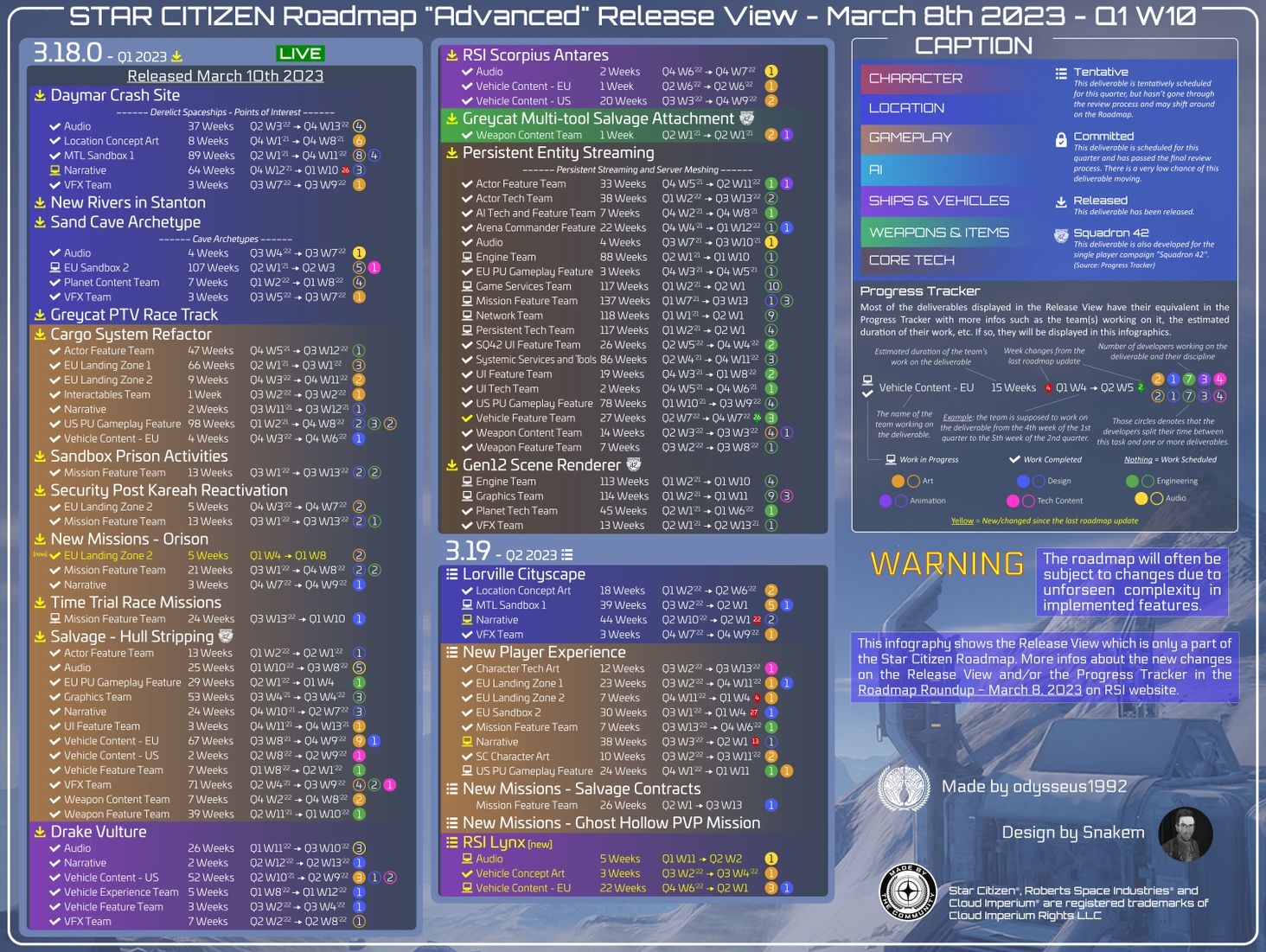Arena Commander was revealed to the public at PAX East in April 2014. From our perch in the press balcony, we could see the dev team on the stage (including Roberts) frantically re-compiling the game so that it would run properly. Credit: Lee Hutchinson
The planned May 2014 release of that module was eventually delayed until December. At the time, we noted that “a full release of the Star Citizen MMORPG [would be] expected near the end of 2016,” a date that now seems as naive as the original 2015 launch window for Squadron 42.
“We will build the game you are dreaming about”
Back in 2014, Roberts Space Industries had raised a mere $67 million from crowdfunders eager to see Roberts’ lofty vision for a new era of space simulation games. Now, that funding has climbed past a staggering $731 million from players buying pricey virtual ships in a game that still exists only as an unpolished alpha plagued with significant gameplay issues.
Roberts said in a March update that the team had “spent significant time looking at what Star Citizen 1.0 means and what it would take to get there.” For now, though, the team “is hard at work, heads down, driving toward the finish line” for Squadron 42, as highlighted by the game’s public progress tracker.
A fan-designed Star Citizen development roadmap summary, posted in early 2023. Credit: Odysseus1992
The extremely lengthy development path for Star Citizen and Squadron 42 has become something of a joke in the 12 years since it first became a crowdfunding darling. But it’s not like we weren’t warned. In 2012, Roberts Space Industries offered a public pledge that the use of crowdfunding meant the developer would “focus on quality free of the pressure to deliver by a certain financial quarter.” The team also warned that “there may be delays and there may be changes; we recognize that such things are inevitable and would be lying to you if we claimed otherwise.”
“You’ve done your part, and we will now do our utmost to live up to your expectations,” the team wrote in that now 12-year-old pledge. “We will build you the game you are dreaming about.”

